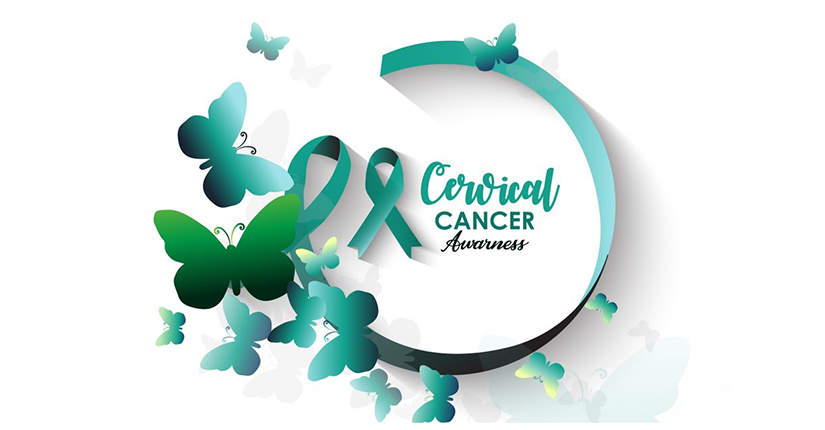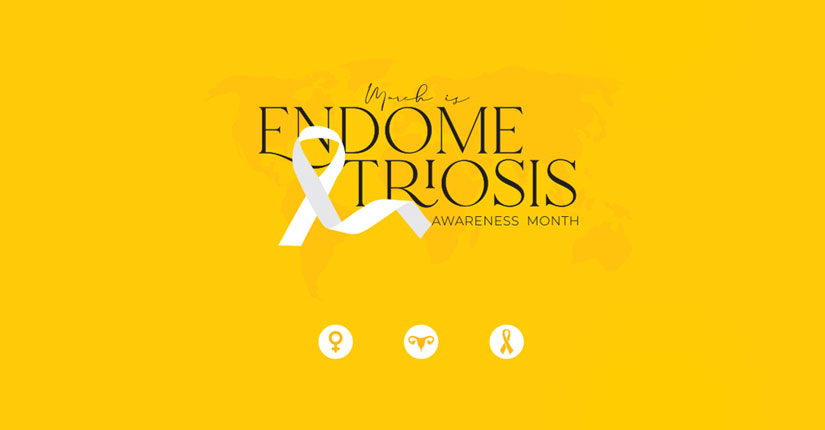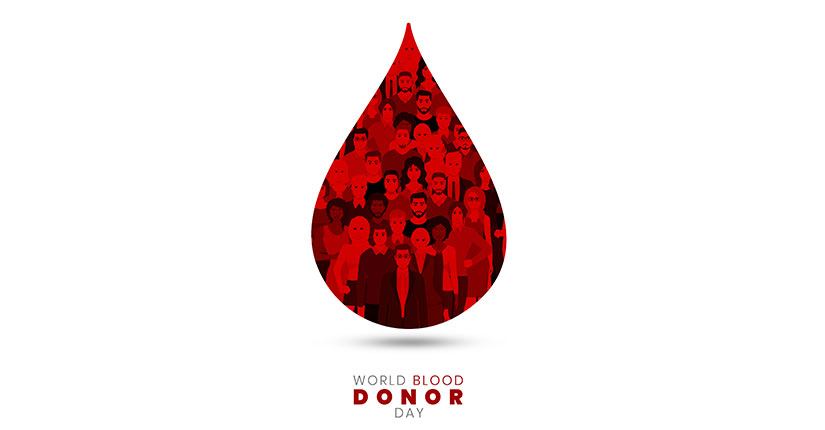Health Challenges of the Decade by WHO- #11 Harnessing Technologies
By Nmami Life Editorial 30-Jan 2020 Reading Time: 3 Mins

Digital technology could help transform the face of the healthcare field. With artificial intelligence, robotic surgeries and nanotechnology, the future of healthcare is facing up.
In the domain of healthcare, digitalization could help change unsustainable healthcare systems into sustainable ones, equalize the relationship between medical professionals and patients, provide cheaper, faster and more effective solutions for diseases, which could also result to better and faster healing – technologies could win the battle for us against cancer, AIDS or Ebola – and could simply lead to healthier individuals living in healthier communities, increasing life expectancy of humans.
To tackle public health threats better, countries should invest not only in healthcare but also in new advanced technology. Technology has made our work easy and has become an inevitable part of majority of the fields. Harnessing better technology monitoring and regulation is the eleventh health challenge to cater.
Harnessing New Technologies
Burgeoning technologies in healthcare such as genome editing, synthetic biology, and artificial intelligence can solve many problems, but they also raise new questions and challenges with respect to monitoring and regulation. To achieve a deeper understanding of the new technology and their ethical and social implications of these innovations, WHO is working diligently with countries to ensure they adequately plan, adopt, and benefit from new tools that stand to enhance clinical performance and bring precision. In 2019, they assembled new advisory committees for human genome editing and digital health.
Utilizing modern technology and innovations in a better way
New technological advancements are launched every day, making it easier to detect and treat various illnesses. However, it is crucial to understand the ethical implications of these new advancements when bringing them into the public health sector so people seeking medical treatment are not harmed by the very tool that is supposed to help them.
Over to you
Developed with input from WHO experts around the world, the organization has come up with the list is varied and includes stopping infectious diseases and preparing for epidemics, protecting adolescents, elevating health in the climate change, and delivering healthcare in areas of conflict and crisis.


















